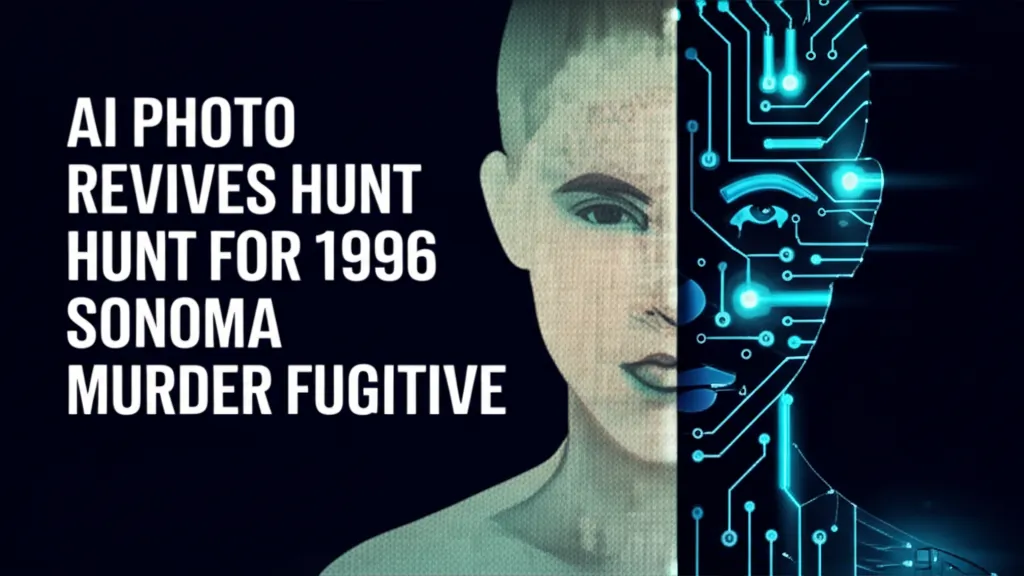Developer Offer
Try ImaginePro API with 50 Free Credits
Build and ship AI-powered visuals with Midjourney, Flux, and more — free credits refresh every month.
Google Unleashes Powerful New AI Tools In July Roundup
For over two decades, Google has been at the forefront of AI and machine learning, developing tools and infrastructure to improve daily life. This commitment continues with a wave of updates across various sectors, from education to cybersecurity. Here’s a look at the major AI announcements Google rolled out in July.

July's updates focused on making powerful AI tools more accessible and intuitive for everyone. Whether it's seeing the Earth in unprecedented detail with AlphaEarth, personalizing your shopping experience, or adding a creative spark to your photos, these new features are designed to integrate seamlessly into your world.
Smarter Learning and Information Access

Google has enhanced its AI-powered learning tools just in time for the new school year. The powerful AI Mode in Search now includes features like Canvas for planning, Search Live with video, and the ability to upload PDFs for analysis. These upgrades provide new ways for students, parents, and educators to learn and explore complex topics.
This powerful AI Mode is also now integrated into Circle to Search and Lens, allowing for deeper exploration of visual searches without leaving your current app. For mobile gamers, Circle to Search can now provide real-time help, recognizing your game and offering relevant tips, articles, and videos.
Additionally, the personalized AI research assistant, NotebookLM, received significant upgrades. It can now create Video Overviews, transforming your complex notes into digestible video summaries. The new Studio panel enhances collaboration, allowing users to generate Mind Maps, Study Guides, and more from the same source material.
Unleash Your Creativity with AI

Google is bringing advanced creative capabilities to more users. The popular Gemini feature that turns photos into videos is now directly available in Google Photos. You can animate your static images or use Remix to transform them into unique styles like anime or 3D art. A new “Create” tab, rolling out in the U.S., will centralize all these creative tools for easy access.
Furthermore, Google has expanded access to Veo 3, its state-of-the-art video generation model, to AI Pro subscribers in over 150 countries. A new capability in Gemini lets you transform photos into dynamic eight-second video clips complete with sound. For filmmakers using Flow, the AI tool can now generate not only sound effects and background noise but also speech, bringing video creations to life.
A New Era of AI-Powered Shopping

AI is making shopping more personal and efficient. The virtual try-on experience is now available in the U.S., allowing you to upload a photo and see how billions of clothing items look on you. Upgraded price alerts help you track specific items, sizes, and colors, ensuring you never miss a deal. In AI Mode, you can use vision match technology to get AI-powered outfit and room design suggestions, complete with links to similar, shoppable products.
Uncovering History and Mapping Our Planet

Google DeepMind introduced two groundbreaking AI models. Aeneas is designed to help historians interpret, attribute, and restore fragmentary ancient texts. Initially trained on Latin, it can analyze text and images to fill gaps in inscriptions and find connections across thousands of documents. AlphaEarth Foundations acts as a virtual satellite, creating an unprecedentedly detailed map of the planet's land and coastal waters. This tool provides scientists with a more complete picture of Earth’s evolution, offering critical insights into deforestation, food security, and water resources.
Investing in Infrastructure and a Secure Future

Google announced significant investments to support America's infrastructure and workforce. This includes a $3 billion deal to modernize two Pennsylvania hydropower facilities, a new AI skills training program, and a commitment to invest over $25 billion in data centers and AI infrastructure across the PJM region.

On the security front, Google revealed a pioneering use of AI to combat cyber threats. For what is believed to be the first time, an AI agent was used to directly foil an attempt to exploit a cybersecurity vulnerability in the wild, showcasing AI's growing role in proactive digital defense.
Compare Plans & Pricing
Find the plan that matches your workload and unlock full access to ImaginePro.
| Plan | Price | Highlights |
|---|---|---|
| Standard | $8 / month |
|
| Premium | $20 / month |
|
Need custom terms? Talk to us to tailor credits, rate limits, or deployment options.
View All Pricing Details


